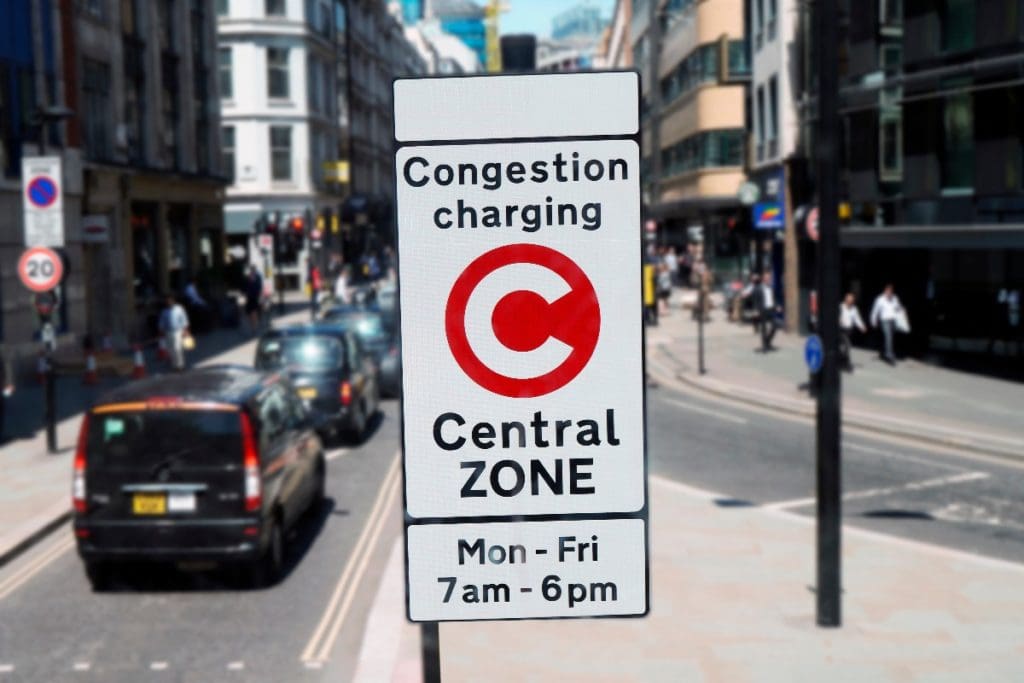12 Proven Measures to Curb Urban Car Use

Lund, Sweden
Congestion charges and alternative mobility services are among the most effective ways to reduce car use in European cities, according to a recently published study that ranks the 12 solutions to curb urban car use and support climate goals.
The study, conducted by The Conversation in collaboration with the Lund University for Sustainable Studies, found congestion charges brought a 33% reduction in cars entering the London city centre, 31% in Milan, 22% in Stockholm and 12% in Gothenburg.
According to the study’s report, a 37% reduction in car commuter numbers was achieved by providing free alternative mobility services in the Dutch city of Utrecht. The joint venture between local government and private companies provided free public transport passes to employees, combined with a private shuttle bus to connect transit stops with workplaces.
“There is a knowledge gap in understanding the processes and policies that cities can adopt to reduce their reliance on cars”
The rankings were also headed by parking and traffic controls (an 11-19% drop in city centres), traffic zones that restrict car use to certain times (10-20%), workplace parking charges (8-25%), and travel planning initiatives by employers (3-18%).
To create the report, researchers screened nearly 800 peer-reviewed studies and case studies.
Some of those previous studies found car sharing was an effective way to reduce car ownership. In the German city of Bremen and Italy’s Genoa, where share cars can be easily rented for a few hours, each rental vehicle replaced 12 to 15 privately owned cars.
However, other studies found car share schemes encouraged some previously car-free residents to increase their car use.
Among university students, alternative mobility options brought a 24% drop in car journeys at the Italian city of Catania, while travel planning by universities achieved reductions of 27% at the UK’s University of Bristol, compared to 7% at the Spanish city of San Sebastián.
The report says while the European Union’s Mission Cities initiative aims to deliver 100 climate-neutral and smart cities by 2030, there is a knowledge gap in “understanding the processes and policies that cities can adopt to reduce their reliance on cars”
“Such knowledge is urgently needed given the rapid decarbonization required to meet climate, sustainability, and equity targets,” it states.
The Lund University investigation aimed to fill some of that knowledge gap.
“This menu of interventions can be used to inform city-level efforts to reduce car use, following our approach to apply transition management to identify interventions viewed as novel, suitable, and feasible by local experts,” its report says.
“Such approaches are needed to gain public and policymaker support for the radical policy and behavioural changes needed to rapidly reduce greenhouse gas emissions and limit global warming to 1.5°C.”
A more comprehensive version of this story was first published by The Conversation.
